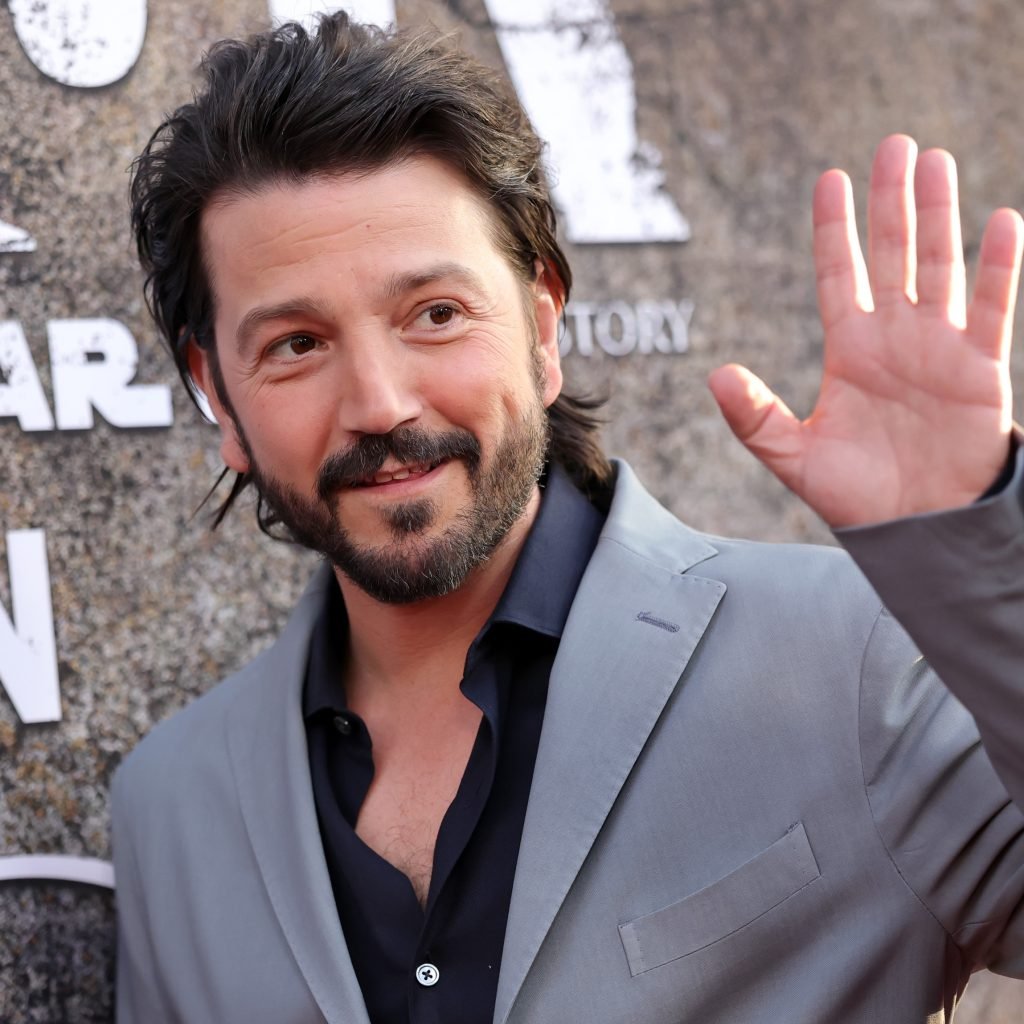Ubisoft initially planned for Assassin’s Creed 3 to be the historical action-adventure series’ final entry, dying with protagonist Desmond Miles – but upon Brotherhood and Revelations’ release, the entire course of the franchise was changed for good.
Assassin’s Creed 3 creative director Alex Hutchinson, who most recently led the work on sci-fi sequel Revenge of the Savage Planet, reveals as much in a new interview with FRVR. He explains that the original plan for Assassin’s Creed was to make it “a trilogy” – a plan that was in place before he joined the team himself. “It was the two [games] as they were and then a Desmond game, and that was it,” describes the developer.
“So the third one was supposed to be the Desmond [game], you know, all of it in the present day, and then just end the franchise.” Things didn’t exactly go to plan, however, as Ubisoft saw the success of the original two Assassin’s Creed entries and launched spin-off titles while the third was still in production. “The problem with success is it drags it out,” as Hutchinson says. “And so Ubisoft then… stuck two more games in between us before we could finish.”
As he recalls, the studio released Brotherhood and Revelations – the former of which was actually supposed to be a DLC before it “became a whole game.” With the two games coming between mainline entries, Hutchinson states the series was “too weighty” as it began to stray from its base historical narrative fans knew the Assassin’s Creed name for. As a result, the third title needed to put things back on track, so to speak, and deliver what players wanted.
In other words, that very historical core that powered the first two games. “If you look at the death of franchises or even genres, it’s when they start to disappear up their own butts a bit,” Hutchinson admits. He points to the real-time strategy genre as an example here, “before the sort of MOBA renaissance,” as it only continued to become “more hardcore” as time went on – a change that saw it “losing more and more of the mainstream audience.”
The Assassin’s Creed 3 team “didn’t want that to happen with AC, where they are sort of lore Nazis policing everything and saying, ‘Oh, but in this game at this point 17 years ago, this happened.'” With series like Assassin’s Creed or even Far Cry, as Hutchinson explains, “there’s always a clean jumping on point for everybody and you don’t feel like you’re missing out on everything” with it.
That’s why killing Desmond Miles, who was present in every title until his death in Assassin’s Creed 3, made sense – even if it did cause a little bit of uproar among longtime stans. It didn’t exactly prove to be the wrong choice in the end, after all, with Assassin’s Creed continuing to stand as one of the most well-known franchises in gaming. It’s still going strong now, a good 18 years after its first release, with Assassin’s Creed Shadows having launched this year.


